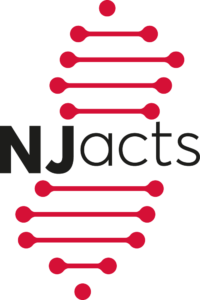 Please read Dr. Hudson’s article in Translational Behavioral Medicine titled, “Cancer prevention, risk reduction, and control: opportunities for the next decade of health care delivery research.“
Please read Dr. Hudson’s article in Translational Behavioral Medicine titled, “Cancer prevention, risk reduction, and control: opportunities for the next decade of health care delivery research.“
Cancer care delivery research is “the multi-disciplinary field of scientific investigation that studies how social factors, financing systems, organizational structures and processes, health technologies, and health care provider and patient behaviors affect access to cancer care, the quality and cost of cancer care, and ultimately the health and well-being of patients and survivors”. In 2013, a National Academy of Medicine (formerly Institute of Medicine) report characterized cancer care delivery as a “system in crisis” due to fragmented care and failure to use evidence-based practices (EBP) in clinical decision-making. This report recommended a dramatic course correction to achieve high-quality cancer care [2]. Nearly a decade later, this system “in crisis” collided unprepared into the COVID-19 pandemic. When EBPs are incorporated into delivery, the average time from discovery to translation takes approximately 17 years. The COVID-19 pandemic illustrated that, when faced with a threat, the cancer care delivery system can swiftly adapt to re-align and focus diverse stakeholders’ interests to achieve a common goal. To read the full article.
Cancer prevention, risk reduction, and control: opportunities for the next decade of health care delivery research. O’Malley DM, Alfano CM, Doose M, Kinney AY, Lee SJC, Nekhlyudov L, Duberstein P, Hudson SV. Transl Behav Med. 2021 Nov 30;11(11):1989-1997. PMID: 34850934 PMCID: PMC8634312 DOI: 1093/tbm/ibab109
